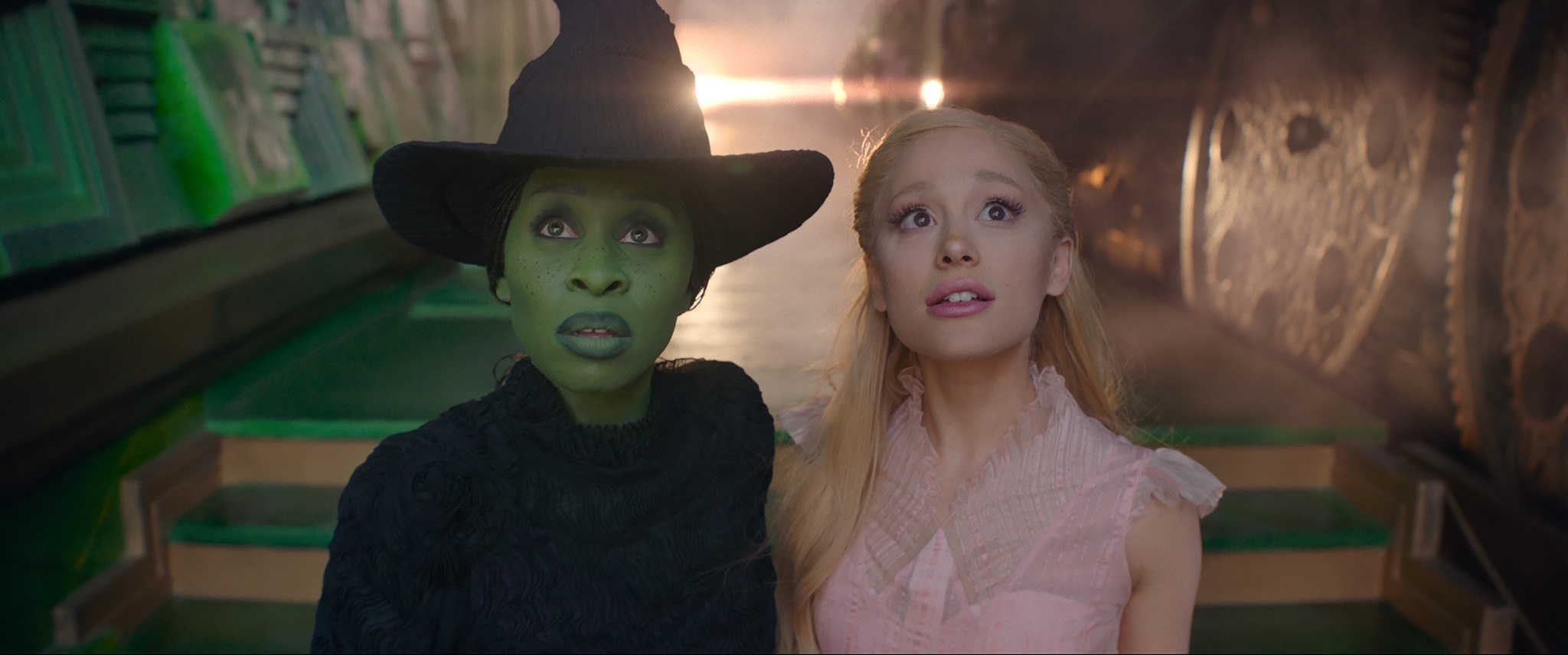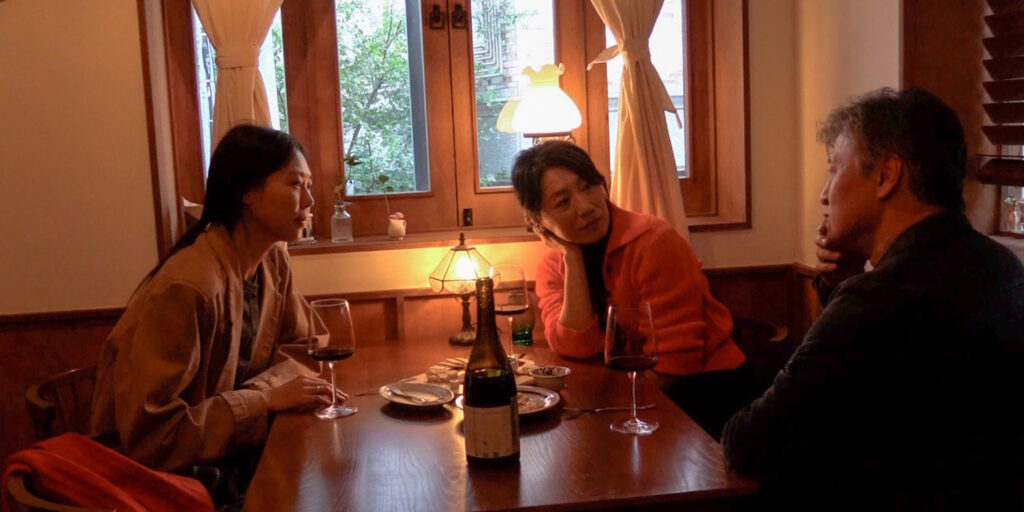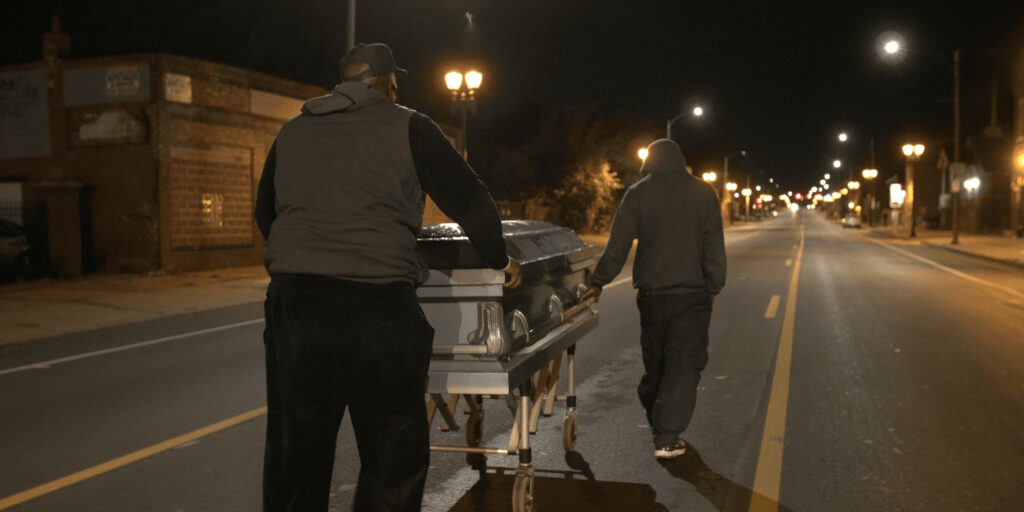A large part of what makes The Wizard of Oz so fascinating is the darkness hidden beneath the story’s wondrous, child-friendly exterior. L. Frank Baum’s original novel is a fairy tale involving magical creatures and whimsical locations, but it also has a man of power ordering a little girl to murder his enemy in exchange for her freedom. Then there is the iconic 1939 film adaptation, a feature with a disturbing production history yet also a reputation as one of the greatest movies ever made – a “bad miracle” of sorts. Later spinoffs and reimaginings have maintained this trend. The Wiz depicts a Wicked Witch (or Evilene in this version) who runs a sweatshop, while the dark fantasy Return to Oz includes decapitated heads and shock-therapy sessions for Dorothy Gale. No matter how the wonderful land of Oz is depicted, there is always a dark, political undercurrent to it. Even the original book is often interpreted to be an allegory for the Populist Movement.
It was probably only a matter of time until Wicked: The Life and Times of the Wicked Witch of the West came along. Gregory Maguire’s 1995 revisionist novel puts Oz’s politics front and center by re-characterizing the villainous Wicked Witch. Changing around some parts, it brings out the obvious: The Wizard is a tyrant and the Witch, now named Elphaba, only wants to be left alone – after the return of her dead sister’s shoes. This take on the story clearly resonated with people enough for it to be made into what became one of the biggest Broadway musicals of all time. Turning its main leads into giant stars, earning millions upon millions of dollars, and still being talked about 20 years after its premiere, it was inevitable that Wicked would eventually become a movie.
A film version was passed around and put in development hell. It required director Jon M. Chu (Crazy Rich Asians, In the Heights) to get Wicked out of its rut. His adaptation cuts the musical into two features to allow more depth in the story of Elphaba (Cynthia Erivo), an outcast in Oz due to her green-colored skin who eventually becomes the infamous Wicked Witch of the West. Wicked – or Wicked: Part One, as the opening credits sneakily reveal – covers the first act of the Broadway show, depicting Elphaba’s time in Shiz University and her rivalry-turned-friendship with Galinda (Ariana Grande) as the two become disillusioned with the land of Oz. Consistent with the recent trend of duologies, this film acts as a 160-minute tease for the next installment. It provides enough background and characters to get everyone excited to see how it ends – yet it still feels off.
Chu, a director who has previously demonstrated his skills with musicals, is obliged to craft an epic that one-ups the visual splendor of the almost-century-old classic to which Wicked will certainly be compared. Lacking any true cinematic tricks up his sleeve, the filmmaker is determined to impress via practical sets and energetic music numbers, elements that fail to hide the blandness in his direction. Alice Brooks’ cinematic camera work, paired with Myron Kerstein’s well-paced editing, attempts to establish Wicked as the biggest event tentpole of the year, only to reveal just how flat and boring everything is. The Wizard of Oz’s Technicolor beauty and artificial charm contrasts sharply with Wicked’s washed-out colors and glossy special effects, with the new film’s visuals and sets resembling castoffs from The Hobbit trilogy. There’s no sense of imagination when it comes to the look of Oz – only a consistency to make it look like every other fantasy world that has been put to screen.
That stiltedness carries over to all of Wicked’s factors, especially its acting. As Elphaba, Erivo at least holds her own to be an interesting character, while Grande is stuck attempting to flesh out Galinda’s one-note glitziness. The only thing holding them back – aside from the film’s dearth of ideas – is Ernie Holzmann and Dana Fox’s screenplay. Holzmann, the original book writer for the musical, tries to pad out the story of Wicked to excuse its three-hour first act, a choice that ends up feeling wasted (or perhaps this is just a backhanded comment on the source material). Forced to expand on Elphaba and Galinda’s friendship during their college days, the script struggles to create any genuine character development. By the time they make their way to Emerald City, this newfound sisterhood feels unearned, considering the amount of time the witches spent hating one another.
Instead, Wicked puts all its effort into spectacle. It constantly works to please with its visuals and numerous song-and-dance scenes, but its try-hard energy repeatedly falters. Chu desperately wants to outdo the singing of original Broadway leads Idina Menzel and Kristin Chenoweth, opting for Ervo and Grande to sing to impress rather than emote. The result is vocals that merely sound pretty. Even when Menzel and Chenoweth appear for an extended cameo, fans who might have been excited for the homage will instead be reminded of how much they want the original actors to take back the reins.
This desire for spectacle over substance gets in the way of the political edge that made the novel stand out among other Oz adaptations. Wicked establishes a version of Oz that is being slowly corrupted, where the talking animals, including Elphaba and Galinda’s goat professor Doctor Dillamond (Peter Dinklage), are being dragged away by police and enslaved. But the film would rather spend its time indulging in the love triangle between the two heroines and the college “bad boy” Prince Fiyero (Jonathan Bailey), often sidestepping the growing unease with tone-deaf numbers and college drama. It’s hard to get swept into the romance knowing that the cute anthropomorphic animals are fearing for their lives.
There’s little excitement once Wicked reaches its anti-climactic conclusion, ending on the final notes of “Defying Gravity” and proudly declaring “To Be Continued.” In an attempt to be crowd-friendly and hide the darkness inherent to its story, Chu crafts a drawn-out, lackluster extravaganza bereft of anything impactful. Whether it holds up to Broadway is questionable, but it certainly belongs alongside Oz the Great and Powerful in terms of mediocre Oz films. Yet who knows, maybe the next installment will improve its predecessor in retrospect. We’ll just have to wait out the year-long intermission to find out.
Wicked is now playing in theaters.




